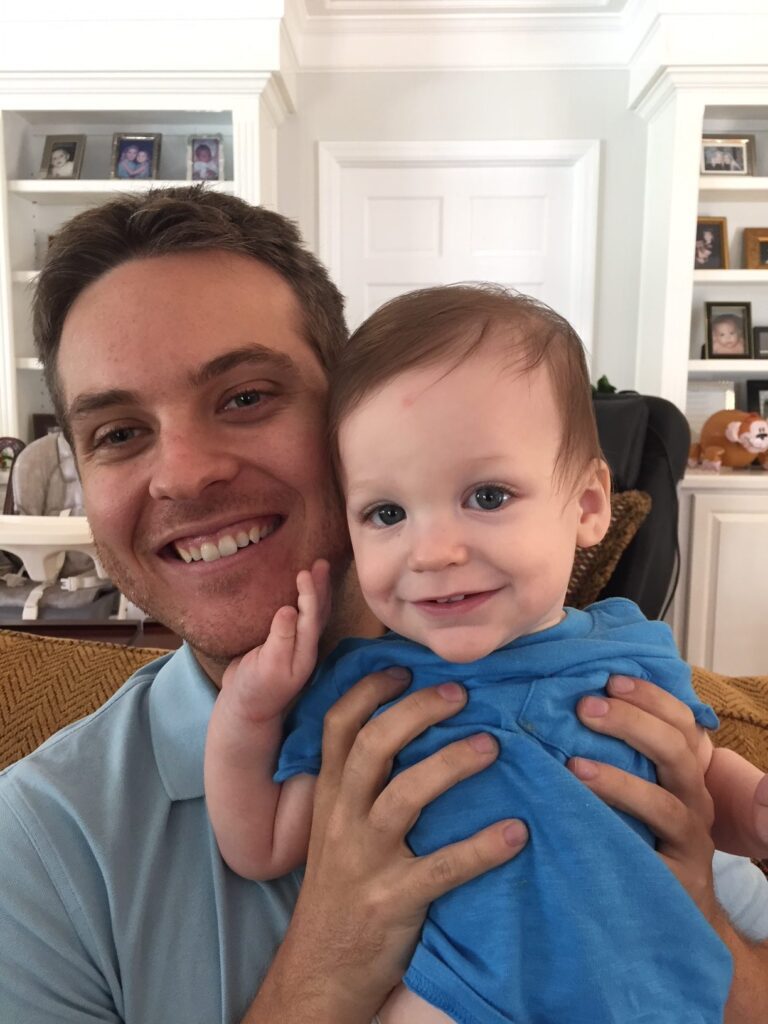
I was studying a McKinsey & Company article, Agents of the Future: The Evolution of Property and Casualty Insurance Distribution, which included a section headed as “The End of an Era for the Local Insurance Agent.” The article highlighted this comment:
There are signs that the economics of the traditional agent model are beginning to unravel. Carriers are interacting more directly with customers, at lower cost and often with more consistent service levels. Many carriers are asking themselves what role agents should play in the system.
After recently writing The Value of a Hiring a Professional Insurance Agent, I was not certain what to think of the McKinsey & Company findings. So, I sent it to one of the foremost insurance agent educators in the country, David Thompson. David Thompson works with the Florida Association of Independent Agents (FAIA) which serves over 2,100 member agencies. David noted that when he started over 22 years ago, the FAIA had only 1,100 member agencies. In satiric response, he stated:
I’m sort of new to the insurance industry; only 32 years, 9 months, and 2 days as of today! I’ve been hearing about ‘the death of the independent agency’ for most of that time.
Much of the McKinsey article stressed that artificial intelligence and computerized communications from the Insurance company directly with the insurance customer will replace the need for many local and traditional insurance agents. Still, there was one optimistic part of the article which stated:
Homeowners and Small commercial: A Bright Spot for Agents
Will homeowners and small commercial lines follow auto down the path to commoditization? Some direct carriers are already quoting these lines on the Internet, and there is an increasing amount of mass-market advertising focused on commercial auto. Small commercial aggregators and comparative-rater technology are making selling on price much easier. These efforts, however, have only seen limited success, and many carriers continue to resist them.
These lines are inherently more complex than auto, and the insured as- sets are larger; so consumers still find the counsel of a local agent valuable. In addition, there are no widely adopted technologies that supplement underwriting for homeowners and small business insurance (e.g., ability to view homes remotely via satellite imagery), and there is no robust data set (e.g., risk data available by cross street) to enable full automation of the underwriting process, so agents still play a role in risk selection and pricing.
Computerization and sophisticated software certainly have changed how Merlin Law Group has practiced law since I stopped representing insurance companies and started representing only policyholders in 1985. At that time, we were using IBM typewriters, had no cell phones, fax machines were in their infancy, and there was no way I was going to write a blog on any computer at thirty-five thousand feet and beam it back to my office as I am doing right now while en route from San Juan, Puerto Rico, to San Antonio, Texas. I am a hundred times more productive today and much better informed to provide legal counsel than in the winter of 1985 because of computerization and “artificial intelligence.”
My son Chase Merlin is really smart, and I am proud he went to a really great Ivy League school where only smart people go, The University of Pennsylvania (just ask our President Trump and he will back me up on this point). Chase graduated with a degree in cognitive science which included the study of artificial intelligence. I asked him whether computers and artificial intelligence would take over service jobs some day and as he was rambling on with a very brilliant answer somewhat over my head, I was wondering if Chase was really wanting to say:
Geez dad, it depends on whose job it is and how smart they have to be to do their job. As you age and as you can see from yourself and your father, Grandad Bill, some artificial intelligence probably is better and relatively better as you guys get worse at thinking.
It will be interesting to see how all this societal change with robots making otherwise “human decisions” plays out in 24 years when my one-year-old grandson, Rowan Mason, leaves graduate school to start his passioned life.
After pondering this, Chip Merlin is “All In” with David Thompson and the FAIA!
Friday Fun Thoughts and Song For Those Getting Older But Still Living Loud



